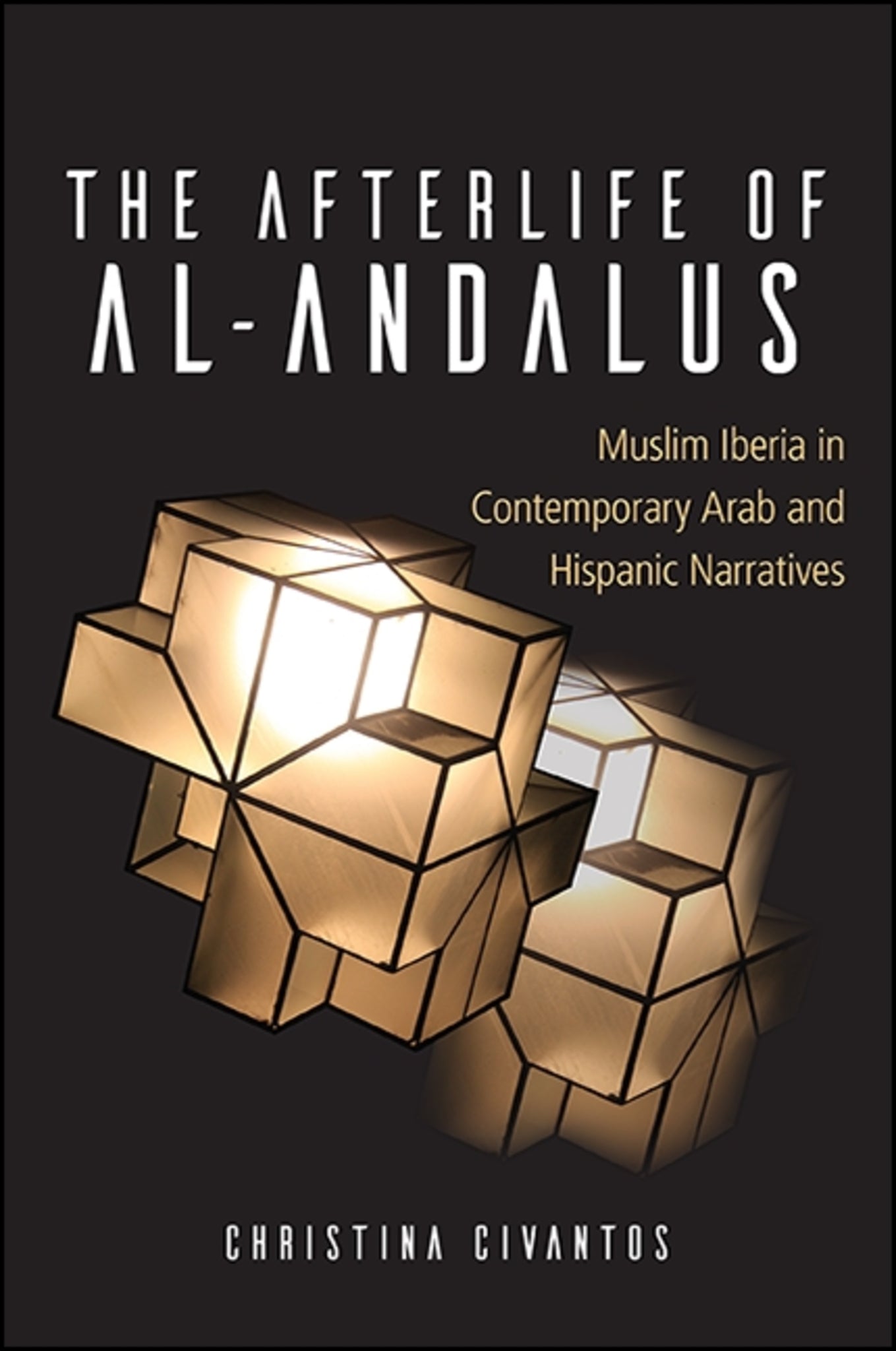We're sorry. An error has occurred
Please cancel or retry.
The Afterlife of al-Andalus

Some error occured while loading the Quick View. Please close the Quick View and try reloading the page.
Couldn't load pickup availability
- Format:
-
02 July 2018

The first study to undertake a wide-ranging comparison of invocations of al-Andalus across the the Arab and Hispanic worlds.
Around the globe, concerns about interfaith relations have led to efforts to find earlier models in Muslim Iberia (al-Andalus). This book examines how Muslim Iberia operates as an icon or symbol of identity in twentieth and twenty-first century narrative, drama, television, and film from the Arab world, Spain, and Argentina. Christina Civantos demonstrates how cultural agents in the present ascribe importance to the past and how dominant accounts of this importance are contested. Civantos's analysis reveals that, alongside established narratives that use al-Andalus to create exclusionary, imperial identities, there are alternate discourses about the legacy of al-Andalus that rewrite the traditional narratives. In the process, these discourses critique their imperial and gendered dimensions and pursue intercultural translation.


"A well-written book that is thorough and enjoyable, readable mainly for specialists in the fields of Arabic and Hispanic literature, and certainly very pertinent for scholars and students in Comparative Literature." — Comparative Literature Studies
"Overall, The Afterlife of al-Andalus is an eye-opening study of how reinterpretations of the past, of historical events and periods, such as al-Andalus, can help create cultural integration … The book is brilliant, well-researched, and theoretically sound." — Review: Literature and Arts of the Americas
Preface and Acknowledgments
Notes on Transliteration, Translation, and Terminology
Introduction: Shared Legacies and Connected Histories
Part I: Cultural (Un)Translatability and Narratives of Identity In Representations of Ibn Rushd/Averroes
1. Borges and His Arab Interlocutors: Orientalism, Translation, and Epistemology
2. Ibn Rushd and Freedom of Expression: The Construction and Fragmentation of Identity Narratives
Part II: To and from al-Andalus: Migration and Coloniality
3. The Migration of a Hero: The Construction and Deconstruction of Tariq Ibn Ziyad
4. Abu ‘Abd Allah Muhammad XII (Boabdil) and Other Migrants
Coda: Columbus and Coloniality
Part III: Florinda, Wallada, and "Scheherazade," Or The Women of al-Andalus and the Stories They Tell
5. Florinda and Wallada: Subjugation, Seduction, and Textual Transformation
6. Scheherazade: al-Andalus As Seduction and As Story
Conclusion: Re-Weaving Narratives of al-Andalus, Identity, and Tolerance
Notes
Bibliography
Index



